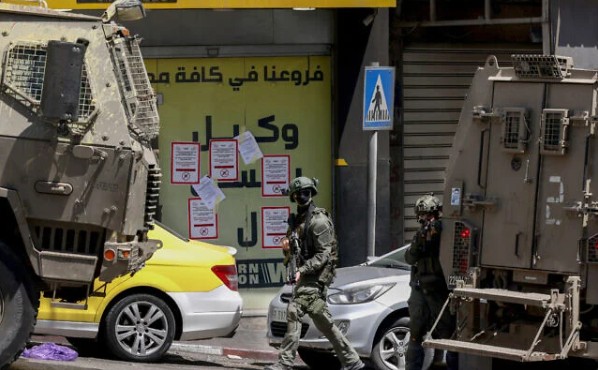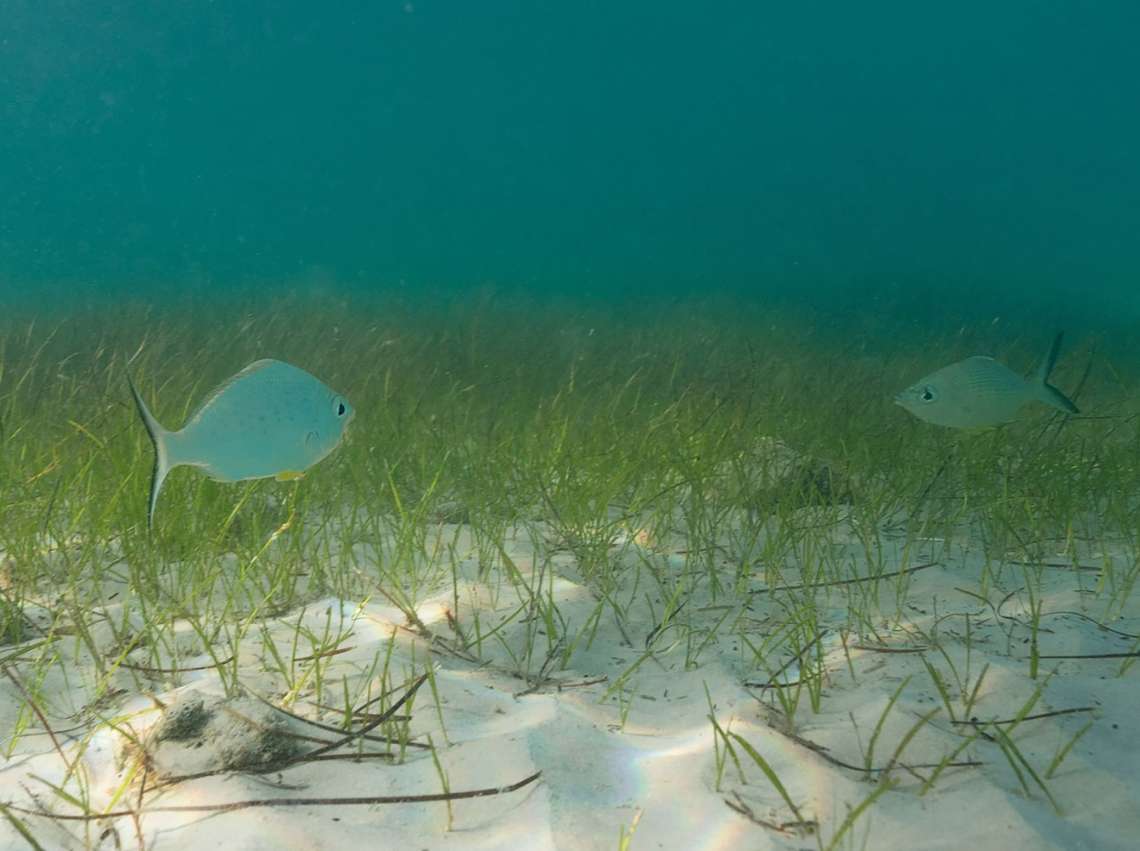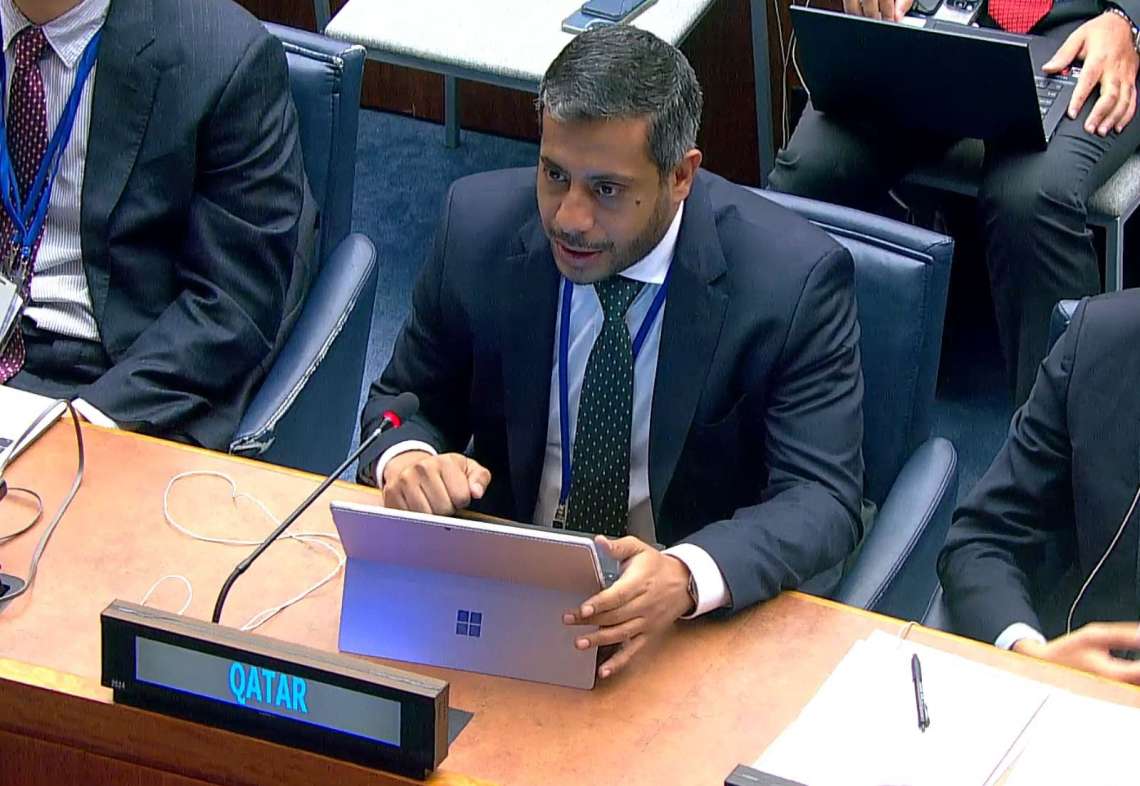A wave of condemnation from across the Middle East and Muslim-majority nations has surged following calls by Israeli Justice Minister Yariv Levin to impose formal Israeli sovereignty over the occupied West Bank.
A chorus of condemnation has erupted across the Arab world following inflammatory comments by Israel’s Minister of Justice, Yariv Levin, who openly called for the annexation of the occupied West Bank and the imposition of Israeli sovereignty over Palestinian territories.
The United Arab Emirates led the regional response, denouncing the remarks as a dangerous provocation and a direct violation of international law and United Nations resolutions. In a strongly worded statement, the UAE Ministry of Foreign Affairs described the comments as a “serious escalation” and warned of their potential to fuel further instability in the region.
The UAE reiterated its unwavering position in support of Palestinian rights and the establishment of an independent Palestinian state based on the 1967 borders with East Jerusalem as its capital. It categorically rejected what it called “all provocative statements and measures aimed at altering the legal status of the Occupied Palestinian Territory.” The Ministry stressed that such actions would only undermine peace efforts and deepen tensions in the Middle East.
The statement further urged the international community to intensify efforts to broker an immediate ceasefire and resume meaningful peace negotiations. It emphasised that the path to regional stability lies in supporting legitimate Palestinian aspirations and halting unilateral Israeli measures.
The Gulf Cooperation Council (GCC) echoed the UAE’s position in a separate intervention at the United Nations in Geneva. Speaking during a dialogue on the UN Special Rapporteur’s report on human rights in the occupied territories, Kuwait’s Permanent Representative and Chairman of the GCC Council of Ambassadors, Ambassador Nasser Al-Hain, condemned Israel’s continued aggression, forced displacement, and demographic alterations in Palestinian lands, including Jerusalem.
Al-Hain underscored the GCC’s appreciation for the Special Rapporteur’s work and expressed “deep concern” over the findings that outlined the severity of Israel’s violations. He reaffirmed the Gulf bloc’s “firm and principled stance” on the Palestinian issue, calling for the full withdrawal of Israeli forces from occupied territories and the creation of a Palestinian state.
The Arab Parliament also added its voice to the growing backlash, with its President Mohammed bin Ahmed Al Yamahi sharply criticising the statements made by Israeli officials. He described them as “a flagrant violation of international law and an attempt to undermine all opportunities for a just and comprehensive peace.”
Al Yamahi warned that such rhetoric reflects a “colonial expansionist approach” pursued by the Israeli government. He cited ongoing violations in the West Bank, including raids, arrests, settlement expansion, home demolitions, and the displacement of civilians as further evidence of Israel’s disregard for international norms.
He urged the United Nations Security Council and the broader international community to act decisively, calling for urgent measures to hold Israel accountable and provide protection to Palestinian civilians. The Arab Parliament, he said, remains steadfast in its support for Palestinian national rights, including the right to self-determination, return, and statehood.
In Cairo, the Secretary-General of the Arab League, Ahmed Aboul Gheit, joined in condemning the Israeli Justice Minister’s comments, labelling them “dangerous and irresponsible.” Aboul Gheit said the remarks exemplified “political arrogance” and an attempt to exert “political bullying” over occupied territory.
He reiterated that the West Bank remains under Israeli occupation and any moves to formally annex it would not only breach international law but also risk sparking further regional unrest. Aboul Gheit called on world powers to intervene and confront what he described as a growing threat to peace.
Jordan was among the most vociferous, with its Foreign Ministry declaring that the annexation proposal represents “a flagrant violation of international law” and “an unacceptable assault” on Palestinian rights. Spokesperson Sufian Al-Qudah warned that these statements could nullify all peace agreements and undermine key UN resolutions and International Court of Justice rulings.
Egypt also issued a stern rebuke. Its Foreign Ministry warned that annexation moves would entrench an illegal occupation, escalate military incursions and settlement-building, and “threaten the very fabric of life” for Palestinians.
Saudi Arabia, via its Foreign Ministry, emphasised that such annexation would violate UN resolutions and impede any normalization process. Riyadh reaffirmed its full rejection of settlement expansion and called on Israel to be held accountable.
Qatar joined the chorus, with government statements calling the annexation push an “extension of colonial and racist policies” and warning against any attempt to formalise occupation of Palestinian lands.
Wider Regional Support
Notably, Turkey echoed Arab concerns, condemning the annexation talk and warning that unilateral Israeli moves could destabilise the whole region.
Seventeen other Muslim-majority countries—including Malaysia, Bahrain, and Kuwait—reiterated their condemnation, underscoring that any attempt to annex Palestinian territory violated established UN resolutions and risked catastrophic consequences.
PA regards it as “direct threat”
In Ramallah, the Palestinian Authority also condemned the annexation calls, branding them “a direct threat to regional stability.” They reaffirmed that such moves violate Palestinian rights and the principles of international legality, including UN resolutions reaffirming the 1967 borders.
The International Court of Justice has previously deemed Israel’s occupation in Palestinian territories illegal and called for dismantling settlements. The UN Security Council has also passed resolutions denouncing annexation.
International reactions have so far been limited, though pressure is expected to mount on the United Nations and European Union to address Israel’s escalating rhetoric. Human rights organisations have also expressed alarm over Israel’s continuing settlement activity and military operations in the West Bank.













